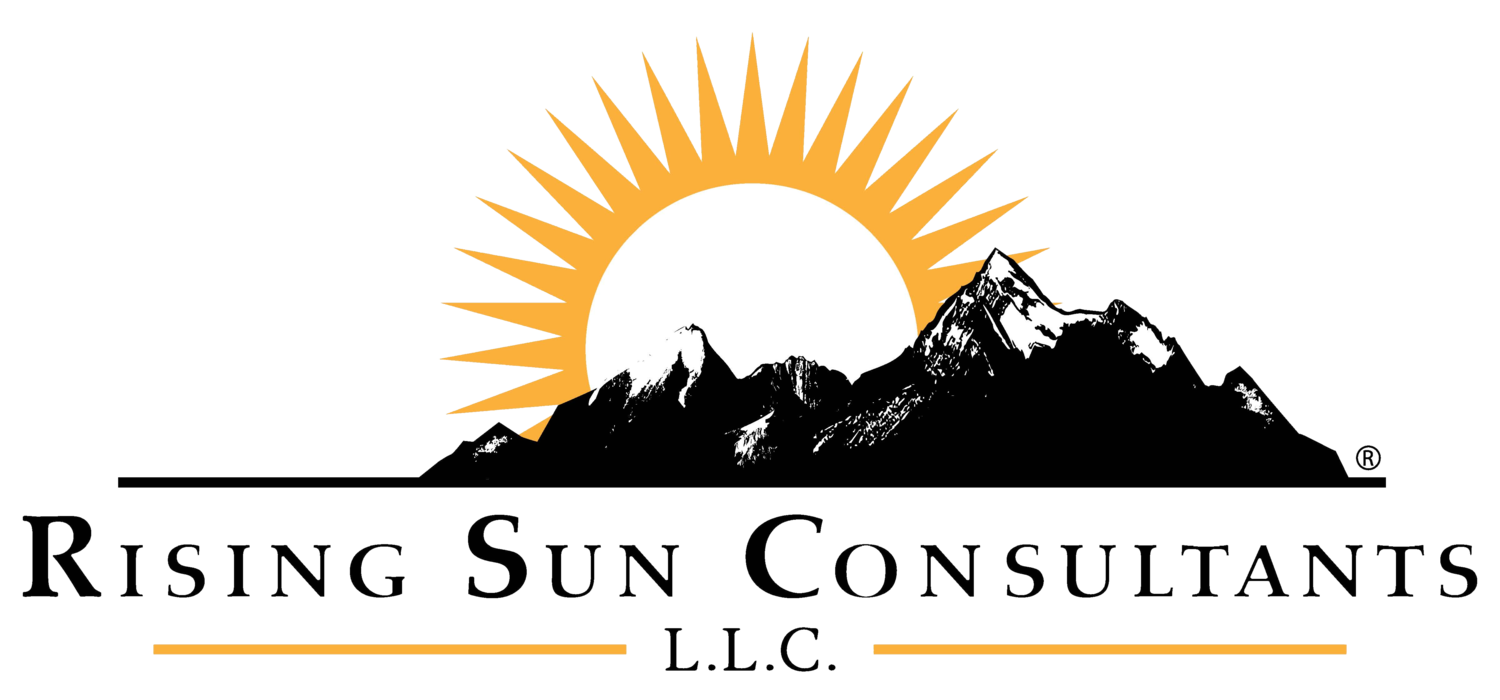At Rising Sun Consultants, we believe personality, experience, and skill set all play a role in building resilience.
Yet, one changes slightly over time, but its essence remains the same. One can vary both in tenure and opportunity; the student must work to become the teacher.
And one is like the proverbial tool belt: growing in quantity and, ideally, quality over time. Here is where we feel resilience can blossom the most.
We’ve identified several skills that we feel can have a significant impact on resilience.
(Note: This is not an exhaustive list. Resilience has and continues to evolve. The skills you will need to become more resilient will too.)
For now, here are those we feel should be developed and practiced.
- Emotional Intelligence Understanding your emotional responses to various forms of adversity can put you in a better position to manage those emotions when rational thinking may allude you.
- Problem Solving As your ability to problem-solve improves and becomes more robust in nature and effectiveness, your resilience should also trend upward.
- Decision Making Making the actual decision can be the easy part. Gauging the decision afterward, accepting and working through its consequences, owning up to mistakes, and developing the wisdom and sound judgment to make better decisions in the future are the qualities that drive resilient leadership.
- CommunicationA natural tendency, when adversity strikes, is to say very little if anything at all. Resilient leaders provide a realistic yet calming tone. They know that adversity is temporary, and they work quickly to move the collective focus from problems to solutions.
- Feedback While important, even during the best of times, feedback becomes vital and necessary in times of adversity. Providing direction and encouragement are key when coaching employees through stressful times.
- Change Management Develop an appetite for change and try to embrace it. When you do, it makes adjusting to adverse conditions a little easier.
- Stress ManagementResilient leaders understand the difference between things they can control and things that they cannot. They actively work to address or change the things they can, but never lose sight of the ramifications brought on by the things they can’t.
EVOLUTION
Resilience has evolved from simply absorbing the hit when adversity strikes to placing equal or greater emphasis on early detection/prevention techniques. And then, once the dust has settled, to engaging in after-action reporting and lessons learned.
By identifying stressful events early and reflecting on lessons learned post mortem, your ability to both anticipate and adapt provides a multi-faceted approach to overcoming adversity as opposed to a simple, and often ineffective, reactive methodology.
RELY ON YOUR SUPPORT SYSTEM/REMEMBER YOUR ROLE MODELS
Lean on other positive, resilient people.
Research shows that creating and maintaining healthy relationships can be a powerful tool in overcoming adversity and building resilience.
Additionally, remember your influences and the underlying principles you’ve used as a platform for prior success.
Do you have a favorite author who inspires you to be great? Maybe you quote other successful people. Channeling their thoughts and insights is another tool to help you become more resilient.
It takes a measure of humility to learn from others and emulate how they live(d).
LAST, BUT NOT LEAST
Stay positive! Adversity or stress is usually temporary; don’t let it define you or create some sense of permanence in your life or overall attitude.
HOW WE CAN HELP
Let Rising Sun Consultants help your reassembled team get off to a great new start. Now is the time for optimism! Make the necessary changes and adjustments to point your team in the right direction for your organization’s future.
Call Jim Rowell for a free phone consultation at 717-512-8958 to find out how to prepare your team to move toward success.

